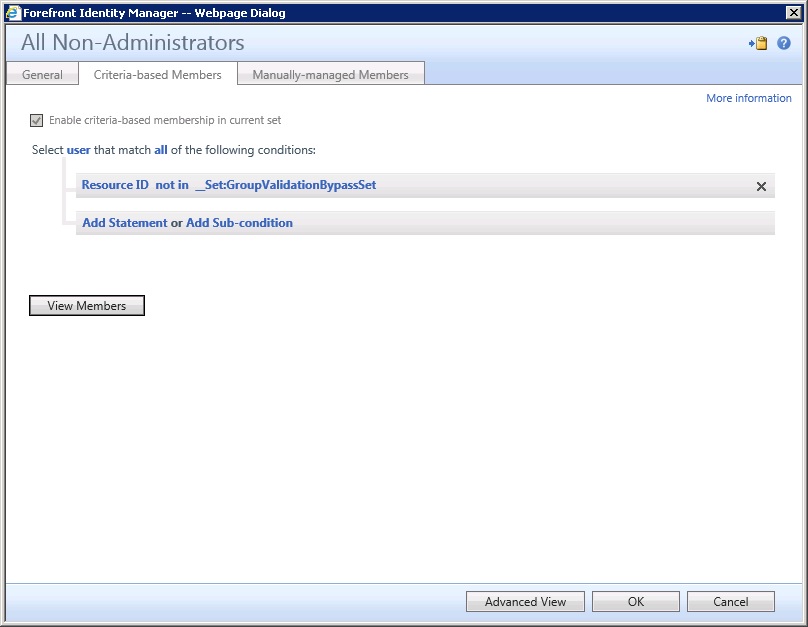New-PAMDomainConfiguration: There was no endpoint listening at http://localhost:5725/ResourceManagementService/MEX
Still suffering pain trying to get the MIM PAM lab setup on my underpowered Hyper-V System.
I was having a lot of issues with getting the New-PAMDomainConfiguration cmdlet to run successfully, so after lots of debugging; I gave up, trashed the current lab setup and started again, following the lab guide to the letter this time! Well, almost.. I only have two VM’s these are the DC’s for each domain, with everything crammed onto them.
A quick error and fix – as per the title:
Issue was that the SQL service had not started, thus the Forefront Identity Manager Service had not started. Fix… start those pesky services and try again. I believe that the services are failing to start simply because of little resource (2 GB RAM only).
Now that was simple, but I’m still seeing the problems that I was seeing before; that being that when running the New-PAMDomainConfiguration after starting the services, I get the following unhelpful error:
New-PAMDomainConfiguration: The Netdom trust command returned the following error:
Ah the “Blank Error” error – digging through the $error variable does not reveal anything useful. If I find a solution, I’ll be back….
I posted a question on the TechNet FIM forum:
The workaround provided by Jeff seems to have worked – well there were no errors executing the detdom commands. I have a few more bits to do to complete the lab and verify that all is working as expected.


